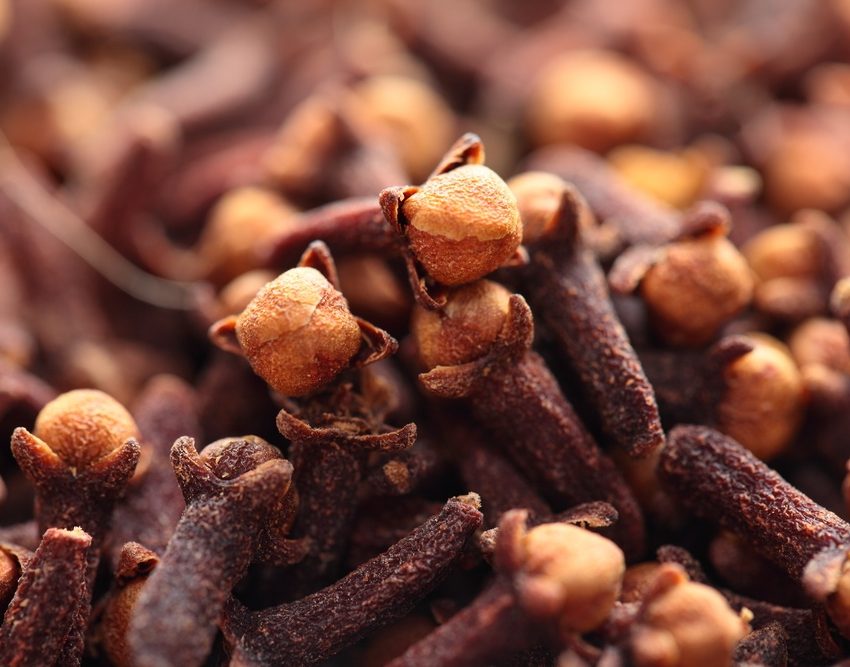
Menu

SPECIFICATIONS
Quality: FAQ
Moisture: Max 10%
Headless: 15-20%
Foreign Matter : 2%
Dust & Stems: 5%
Quality: Machine Cleaned
Moisture: Max 10%
Headless : 10%
Foreign Matter : 2%
Dust & Stems : 2%
INDONESIA CLOVE
There are several cultures around the world that use cloves and they must be used sparingly and with caution as they can easily dominate a dish. Cloves that might be bought as spices are generally what we call “exhausted cloves,” as they have had the bulk of their oils stripped from them. This makes them much less powerful. One way to see if your cloves are “exhausted” is to press them hard together with your fingernails. If they launch a touch of oil, then they have no longer been stripped and, consequently, are more powerful. Cloves are also taken into consideration to be “warming” spices and include numerous nutrients, which lead them to be an exceptionally wholesome spice. Cloves may be used on the entire ground. In Asian cuisines, they may be utilized in spice mixes, to feature perfume in broths and pilafs, and are an essential part of beverages like masala chai. In Europe, cloves are used to add flavor to meats, in baking, and seasonal specialties like mulled wine and gingerbread. They’re frequently used to make “pomanders,” a Victorian English tradition in which cloves are stuffed into oranges and blown out to fragrance the air and provide “warm temperature and comfort” at some point during festivals.
If at all possible, purchase whole cloves, as they will keep their scent for longer. Ground cloves, like many spices, deteriorate quickly and should be used up right away. Look for big, aromatic buds and store them away from light in well-sealed containers. Whole cloves stay much longer than dried cloves and are best purchased from Asian supermarkets with a high turnover of spices, ensuring a fresh product.